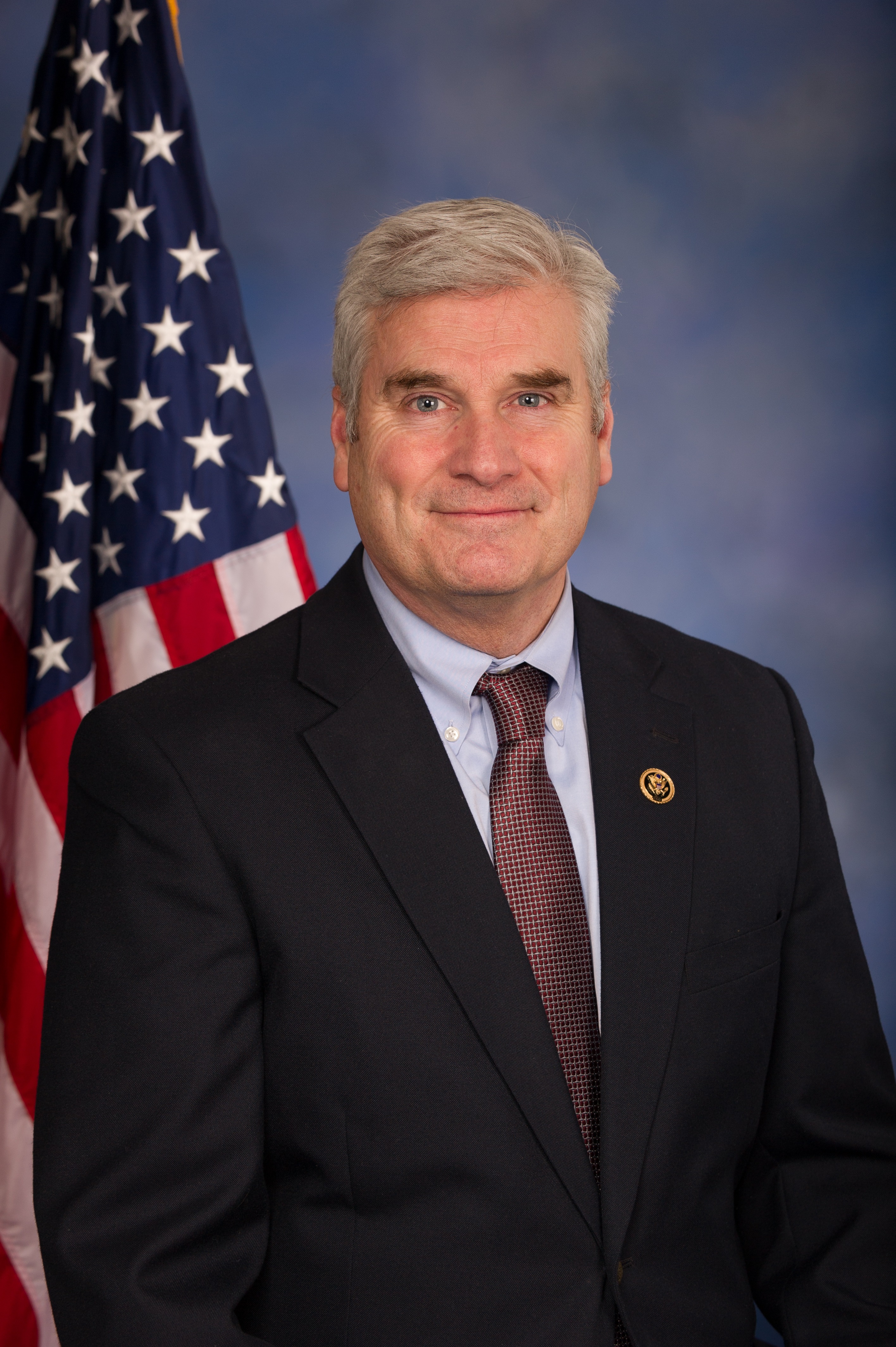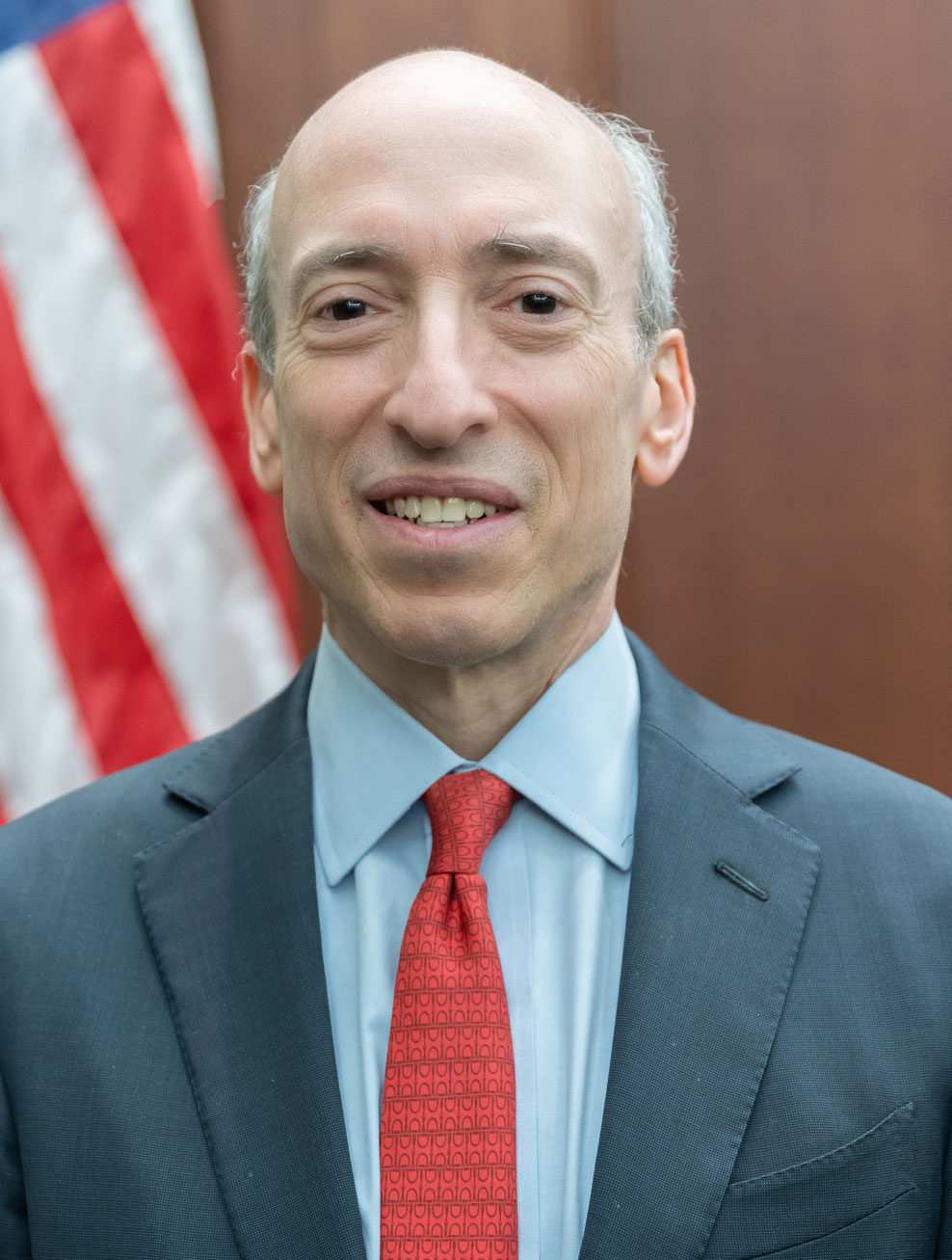Some people in the securities industry applaud Chair Gensler’s accelerated initiatives while others are up in arms.

Grygo is the chief content officer for FTF & FTF News.
To say the least, the Securities and Exchange Commission (SEC) as led by the controversial Gary Gensler has been busy since the start of the Biden administration.
Some people in the securities industry applaud Chair Gensler’s accelerated initiatives while others are up in arms.
In particular, Gensler has raised the stakes recently with his dramatic legal moves against Binance and Coinbase, which has finally focused the mainstream media on the issue of whether or not crypto is the future or another con game.
Representing those who are up in arms are House Majority Whip Tom Emmer (MN-06) and Rep. Warren Davidson (OH-08). They are pushing a new bill, the “SEC Stabilization Act,” that would restructure the SEC “and remove Gary Gensler as Chair of the SEC.”
The legislators want to fire Gensler “following his long series of abuses that have been permitted under the current SEC structure.” However, the initial press release about the bill does not spell out the alleged, specific abuses.

Tom Emmer
“American investors and industry deserve clear and consistent oversight, not political gamesmanship. The SEC Stabilization Act will make common-sense changes to ensure that the SEC’s priorities are with the investors they are charged to protect and not the whims of its reckless chair,” Emmer says in a prepared statement.
Davidson adds even more colorful language to his statement.
“U.S. capital markets must be protected from a tyrannical Chairman, including the current one. That’s why I’m introducing legislation to fix the ongoing abuse of power and ensure protection that is in the best interest of the market for years to come. It’s time for real reform and to fire Gary Gensler as Chair of the SEC,” according to Davidson’s prepared statement.
To stop the alleged tyranny, the bill would add a sixth commissioner.
The current situation consists of four commissioners and the chairperson. The commissioners are split between the major parties – the Republicans and Democrats each get two commissioners. The chairperson is appointed by whoever is serving as president. Each commissioner gets a vote and with five votes there can never be a tie. However, if there are six commissioners there is a distinct possibility that there could be many tie votes.

Gary Gensler
“Chair Gensler’s tenure has highlighted a fundamental flaw in the SEC’s structure. Under current law, the SEC Chair retains a concerning level of discretion which leaves the other four commissioner positions effectively redundant,” according to the authors of the new bill.
“The SEC Stabilization Act adjusts the commission to include an additional sixth commissioner, while also creating an executive director who oversees the agency’s day-to-day operations. All rulemaking, enforcement, and investigation authority would remain with the commissioners, who are subject to staggered six-year terms,” according to the announcement. “Under the SEC Stabilization Act, a single political party would never hold more than three commissioner seats at any given time, thus protecting U.S. capital markets from any future destabilizing political agenda.”
The announcement does not address the potential problem of tied votes that could potentially halt any action by the SEC. In addition, there is no mention of whether the executive director would have the role of tie-breaker.
“The ensuing stability would also force commissioners to work together prior to approving any significant actions under the SEC’s purview. This would implement a similar structure that is currently in place at the Federal Election Commission,” the bill’s authors say.
I reached out to the SEC to allow any official there to respond to the bill and its premise. A spokesperson for the SEC declined to comment.
I reached out repeatedly to the spokesperson for Emmer and Davidson but got no response to the following questions:
- What do you see as Gary Gensler’s abuses?
- How would the proposed new structure of the SEC stop the alleged abuses?
- How would the new structure avoid three-to-three deadlocks?
- Would the potential deadlocks make SEC rulemaking and policy creation more difficult, if not impossible?
- Why is the structure of the Federal Election Commission (FEC) a good model for the SEC?

Warren Davidson
The authors of the bill say that investors and the industry should be getting clarity, “not political gamesmanship.”
Let’s hope that my questions and many questions from others in the industry can be answered if this bill advances in the House especially if it is spurred on by crypto advocates. Answering questions is the first step toward “clear and consistent oversight.”
Ultimately, I think there needs to be a serious debate about the roles and missions of U.S. regulators of the financial services industry. For instance, it’s been 89 years since the creation of the SEC and an evaluation of its effectiveness is overdue. But with a viciously divided federal government, it’s unlikely that we will have that much-needed review.
Need a Reprint?